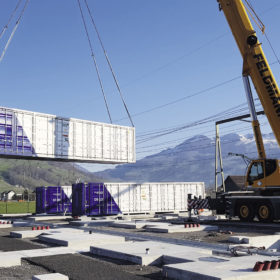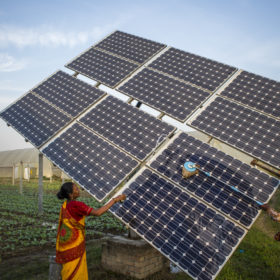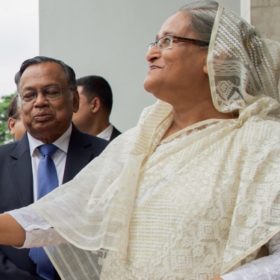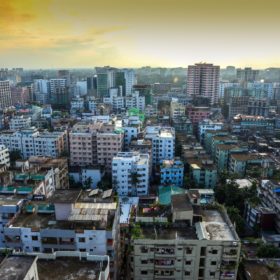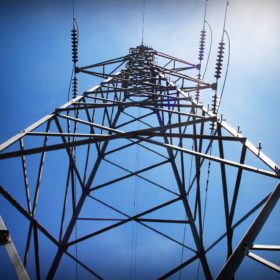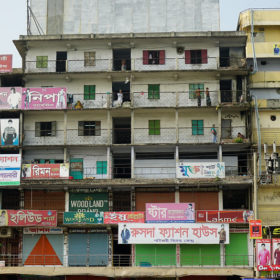Bangladesh set to embrace gas, rather than renewables
A national energy strategy which prioritizes coal is being ripped up just two years after its introduction, thanks to Covid-related slumps in demand, but legislators appear likely to look to gas, rather than solar and wind power as an alternative, due to land issues and energy storage costs.
Bangladesh net metering requirement may deter solar pump owners
The government has finally issued guidelines on how solar-powered irrigation system owners can be paid for exporting power back to the grid. However, for those who expect to have to use grid power to augment solar from time to time, there could be a sting in the tail.
Bangladesh to install another 40,000 free solar home systems
Time is running out for the government to achieve its goal of universal access to electricity by next year but Dhaka has doubled down by allocating $26 million for PV panels in hard-to-reach areas.
Bangladeshi solar installers have $1.5bn plan to light up health centers
The companies driving the solar home system boom in the nation, in part with the help of public money, wants Dhaka to authorize the addition of PV in 18,000 public health facilities.
Bangladesh looks to Beijing to speed its solar ambition
The two governments will form a JV which will see China invest around $500 million in setting up 450 MW of solar generation capacity and a 50 MW wind farm on land supplied by the host nation’s North-West Power Generation Company.
Renewables can avoid crippling LNG and coal subsidy bill for Bangladesh
U.S. thinktank the Institute for Energy Economics and Financial Analysis says the nation should reorder its power network to harness cheap, modular renewables after existing power station overcapacity was worsened by plunging electricity demand during the Covid-19 shutdown.
Bangladeshi solar installers call for waiver of state loans
Installers which took advantage of cheaply-priced government finance say customers affected by the Covid-19 crisis cannot afford to pay for the solar home systems they have rolled out while expanding renewables programs.
Bangladeshi solar module companies seek Covid-19 stimulus package
Industry representatives call for a $59 million, five-year package of grants, loans and tax incentives from the government after Dhaka extended a coronavirus-driven industrial shutdown into the middle of the month.
Bangladesh opens €200m loan fund for eco-friendly imports
Solar project developers and other component importers are among those eligible to apply for low-interest loans for up to 10 years. The government had already offered a $200 million credit line last year.
Bangladesh set for largest solar rooftop with industrial leasing deal
Indian company Mahindra Susten will provide engineering, procurement and construction services on a $1.7m, 3.1 MW array for a German-Bangladeshi knitwear company which will buy the power generated for $0.077/kWh.
